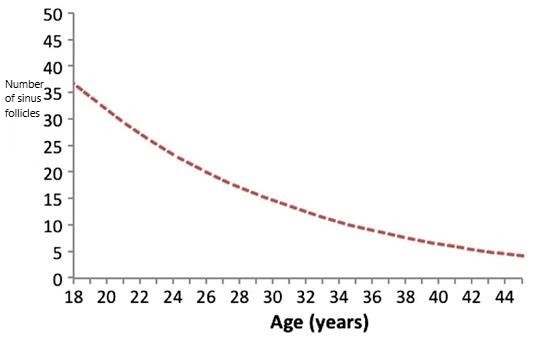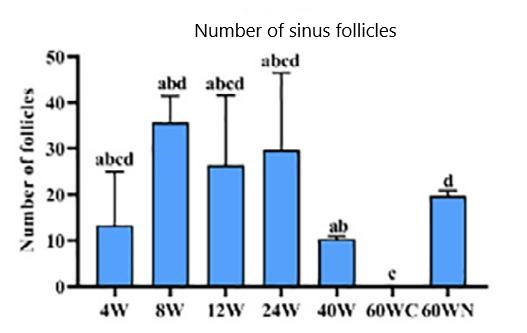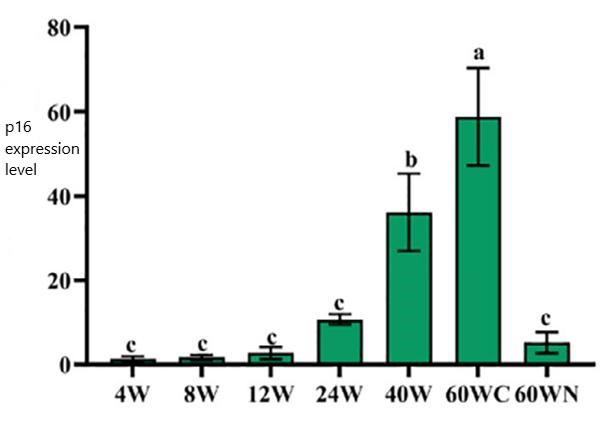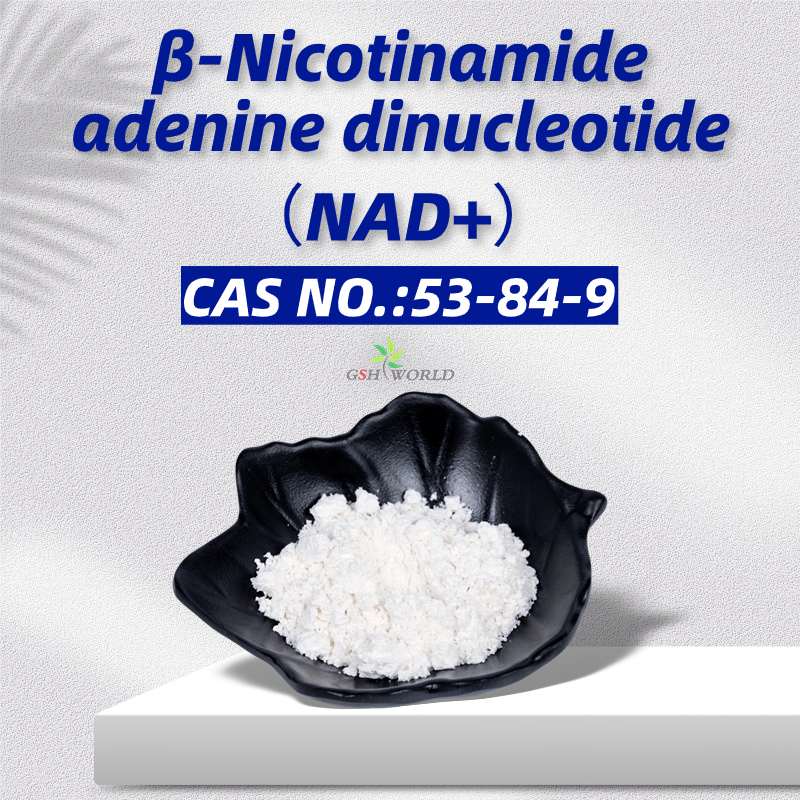Chinese scientists found that long-term use of NMN can inhibit ovarian aging
During each ovulation cycle, multiple follicles in a woman’s ovaries begin to develop, but only one of the fastest growing follicles reaches maturity and releases its eggs, while the remaining immature follicles degenerate and disappear on their own.
With age, the number of follicles (also known as sinus follicles) that begin to develop during each ovulation cycle gradually decreases, and the quality of the eggs that released decreases, so fertility in older women significantly reduced.

In order to find a way to combat ovarian aging and improve the fertility of older women, researchers at the School of Medicine of Jiangsu University conducted an animal experiment and found that middle-aged female mice taking NMN (niacinamide mononucleotide) for 20 weeks could significantly increase the number of follicles and inhibit ovarian aging. The study published in the Journal of Nutritional Biochemistry in early 2022.
In the experiment, the researchers tested the fertility of female mice from 4 weeks to 40 weeks old (roughly equivalent to 12 to 37 years in humans), and gave 40 weeks old mice a daily intake of NMN (0.5mg/mL) from drinking water.
The results showed that after 20 weeks of continuous administration, the ovaries of the 60-week-old (roughly equivalent to 48 years in humans) control mice had completely lost developing follicles (sinus follicles), but the number of follicles developed in the 60-week-old mice given NMN by mouth significantly increased, even higher than that of the younger 40-week-old mice.

In addition, NMN enabled one-third of the middle-aged mice to maintain normal estrus cycles, while the control mice completely lost normal estrus.

In addition, the researchers examined the p16 aging marker protein in the ovaries of the mice. As organisms age, levels of the p16 protein gradually increase, and it slows down the cell division process, causing organs and tissues to lack enough young cells and show an aging state.
In experiments, NMN significantly reduced the expression level of p16 protein in the ovaries of mice, returning them to a young state before 40 weeks of age.

In conclusion, long-term administration of NMN can significantly inhibit ovarian aging in middle-aged female mice and maintain their fertility to a certain extent.
This may indicate that taking NMN can help maintain fertility in older women, which has important value in the context of deepening global aging.
reference
- 1. Huang, P., Zhou, Y., Tang, W., Ren, C., Jiang, A., Wang, X., Qian, X., Zhou, Z., & Gong, A. (2022). Long-term treatment of Nicotinamide mononucleotide improved age-related diminished ovary reserve through enhancing the mitophagy level of granulosa cells in mice. The Journal of nutritional biochemistry, 101, 108911.
- 2. Wiser, A., Shalom-Paz, E., Hyman, J. H., Sokal-Arnon, T., Bantan, N., Holzer, H., & Tulandi, T. (2013). Age-related normogram for antral follicle count in women with polycystic ovary syndrome. Reproductive biomedicine online, 27(4), 414–418.




